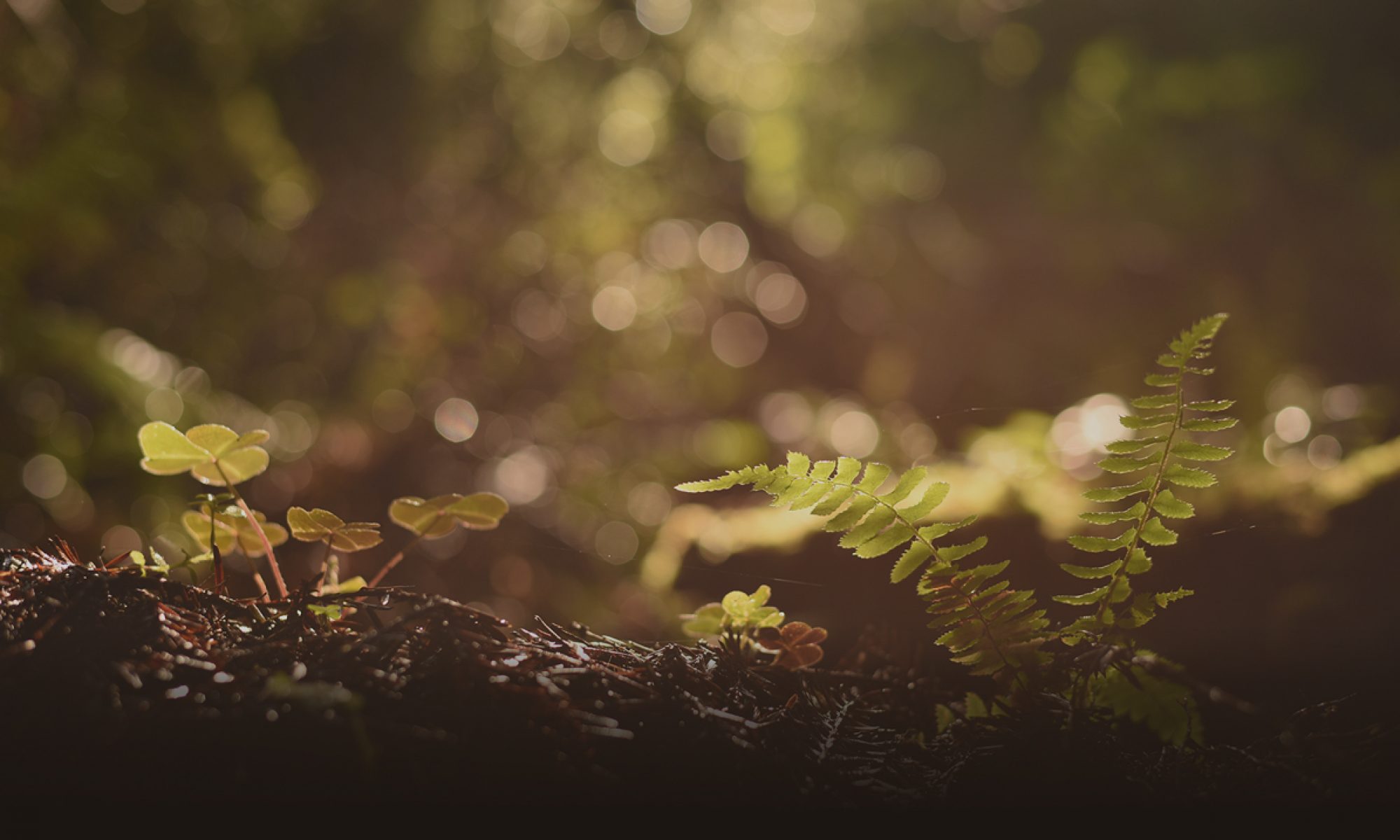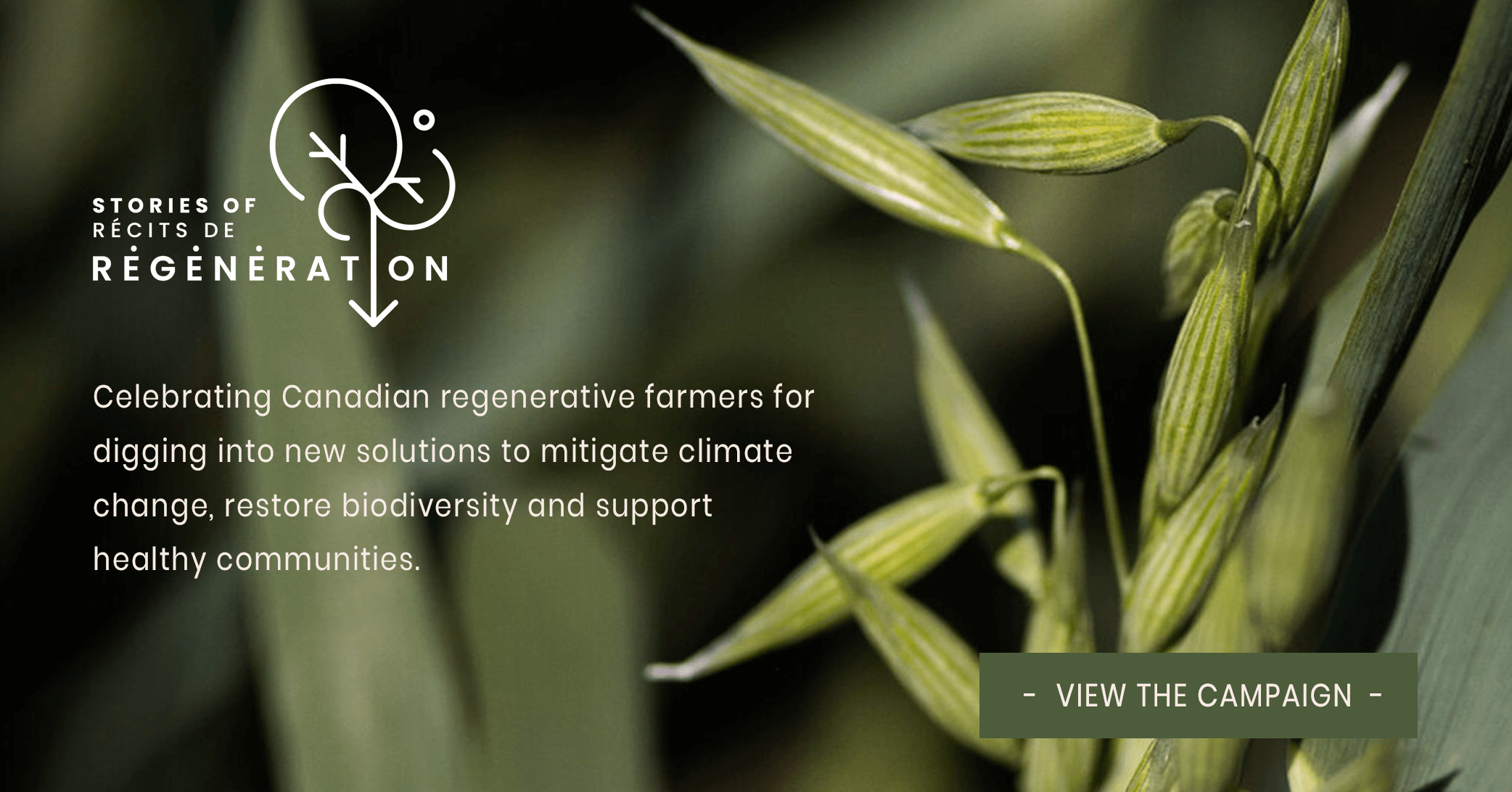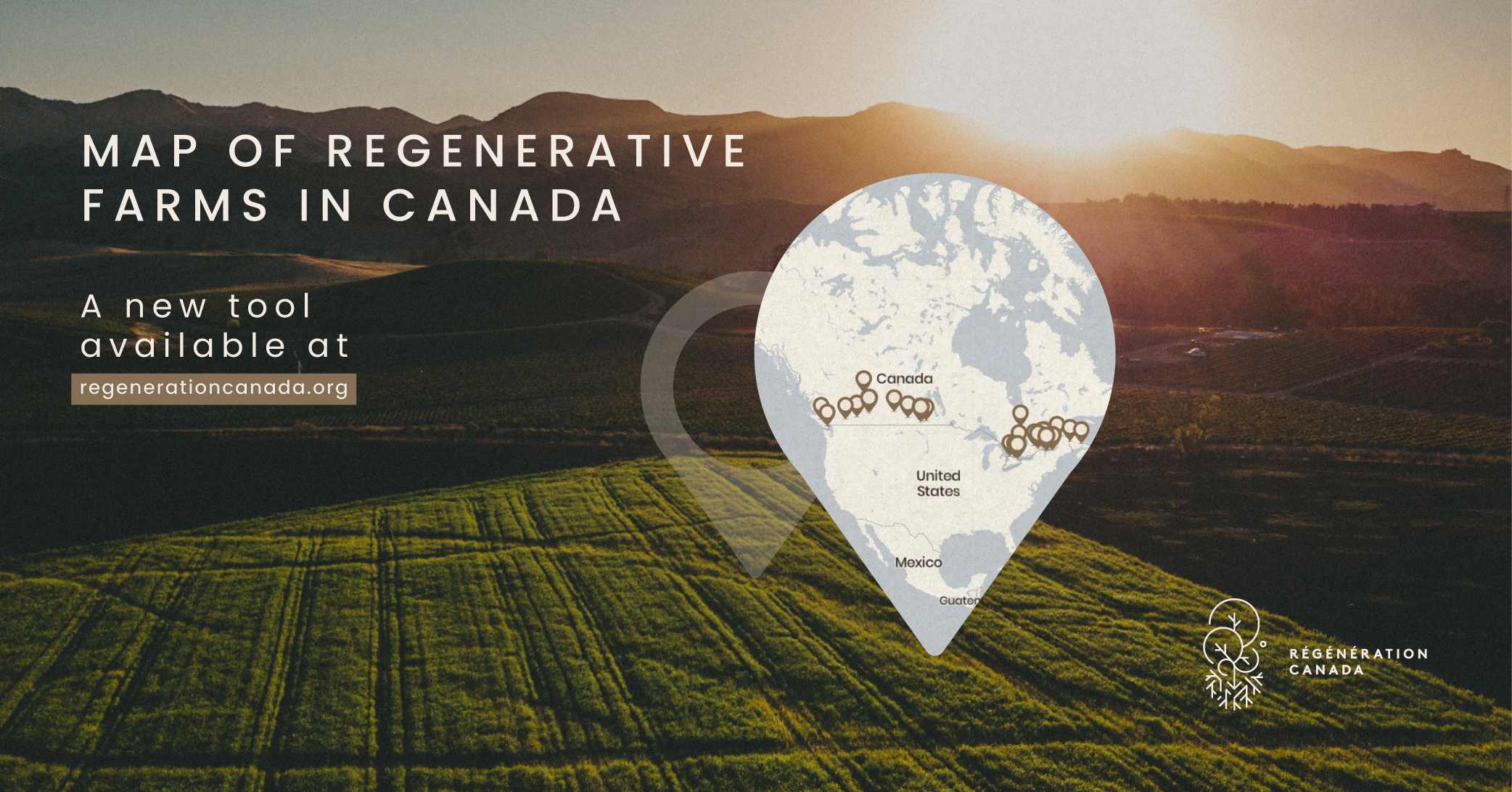The term “regenerative” refers to a process – the process of improving one’s state. With regenerative agriculture, we often underline that the journey improves the state of the soil, of the ecosystem, of our climate. But a regenerative system also needs to improve human and community health, which is central to the Yazidi Healing Farm Project.
The Healing Farm, which began in 2018 in Winnipeg, Manitoba, is operated by the Yazidi Refugee Community to support families in the production of fresh produce, and in acquiring marketable employment skills. While producing food to feed 35 families, the Healing farm offers a safe space to heal from trauma and gain independence in their new home. The Canadian Yazidi Association is often asked by refugees in other urban centers how to replicate the project.
Join the conversation with Jamileh Naso (President of the Canadian Yazidi Association), Nafiya Naso (Healing Farm Operator), Rev. Dr. Michael Wilson (Charleswood United Church), and Brenda Tjaden (market analyst and development consultant) who will explain how the Yazidi Healing Farm came to be and the elements needed to launch it, and define the key partners, challenges and successes.
– REGISTER HERE –
To become a member of Regeneration Canada and gain free access to our webinars, members’ calls and more, click here.
Speaker biographies
Jamileh Naso, President of the Canadian Yazidi Association
Jamileh (she/her) is a community leader whose own experiences as a refugee shape her personal and professional endeavors. She is an award-winning refugee activist, media commentator, accomplished public speaker, and researcher with expertise in gender equity, refugees, migration, peace, youth engagement and civic engagement.
Since 2015, she has served as the President of the Canadian Yazidi Association. A non-profit organization working collaboratively with governments, businesses, multi-faith organizations and civil society partners to design and support projects that promote education, private sponsorship, refugee resettlement, services for women and children, with a special focus on trauma recovery and community based psychosocial services, economic empowerment, and community reintegration.
Rev. Dr. Michael Wilson, Charleswood United Church, Winnipeg
Michael Wilson is a United Church of Canada minister who has been at Charleswood since 1994. He has had experiences in global justice, Indigenous Relations, and Ecumenism work, as well as in Theological Education as a former adjunct professor at the University of Winnipeg. He has a Science degree from the University of Manitoba, a Masters from University of Toronto (1989), and a doctorate from Chicago Theological Seminary (2001). He has written for several publications including recent articles for the Winnipeg Free Press. His first book, “A Guided Tour of the Bible” was on the McNally Robinson bestseller list for 2014. In 2012 Michael was a recipient of the Queen’s Diamond Jubilee medal for community service.
Nafiya Naso, Healing Farm Operator
Nafiya and her husband Ismael essentially operate the farm. They make most of the key production decisions, allocating labour, and coordinating marketing and distribution to the Yazidi families in Winnipeg and others. Nafiya and her partners at Project Ezra started the Healing Farm in 2017 to help new refugees to spend time in nature growing familiar vegetable crops to heal from trauma.
Brenda Tjaden, Market Analyst and Development Consultant
Brenda completed her undergraduate and master’s degrees in Agricultural Economics at the University of Manitoba in Winnipeg, went on to a career in the international commodity grain trade, and became one of Canadian agriculture’s leading market analysts. She is the founder and CEO of Sustainable Grain, a resource for companies interested in the economics of certified organic, non-GMO, regenerative and transition organic food crops.
Brenda started working with the Healing Farm in 2021 when their production exceeded what could be distributed in the community and at farmer’s markets. She has pre-marketed the vegetables into restaurant and retail channels for 2022 and is providing access to cold storage and pastures on her home property, for the community to expand into sheep and goat production, and fresh-picked berries.




